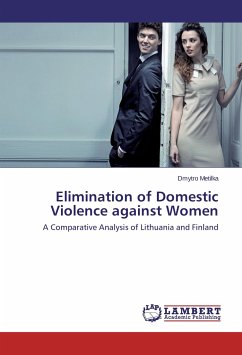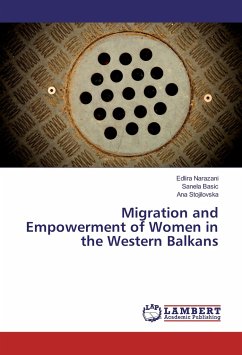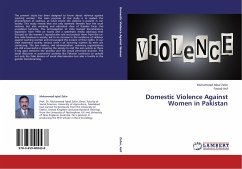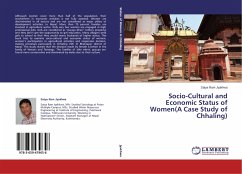The research topic is related to the elimination of domestic violence against women. Such a choice was caused by the significance and universality of the problem, recognized for the last two decades worldwide and posed on the EU agenda as one of its strategic priorities. The comparative analysis of Finland and Lithuania reveals that in the former case, the prevalence rate of domestic violence is significantly higher, while public awareness in this problem is correspondingly lower. Such a situation testifies to shortcomings inherent to a social-democratic mode of the anti-violence policy (Finland) comparing to its liberal framing (Lithuania): whereas the former relies largely on the state structures, the latter is characterized by the leading role of more flexible non-governmental organizations allowed to cope more effectively with many issues related to the problem. However, the lack of a governmental support complicates the implementation of strategic anti-violence measures (Lithuania). The findings allow to comprehend better the current state of the problem of domestic violence in Lithuania and Finland, taking into account their particular cultural and sociopolitical backgrounds.
Bitte wählen Sie Ihr Anliegen aus.
Rechnungen
Retourenschein anfordern
Bestellstatus
Storno








